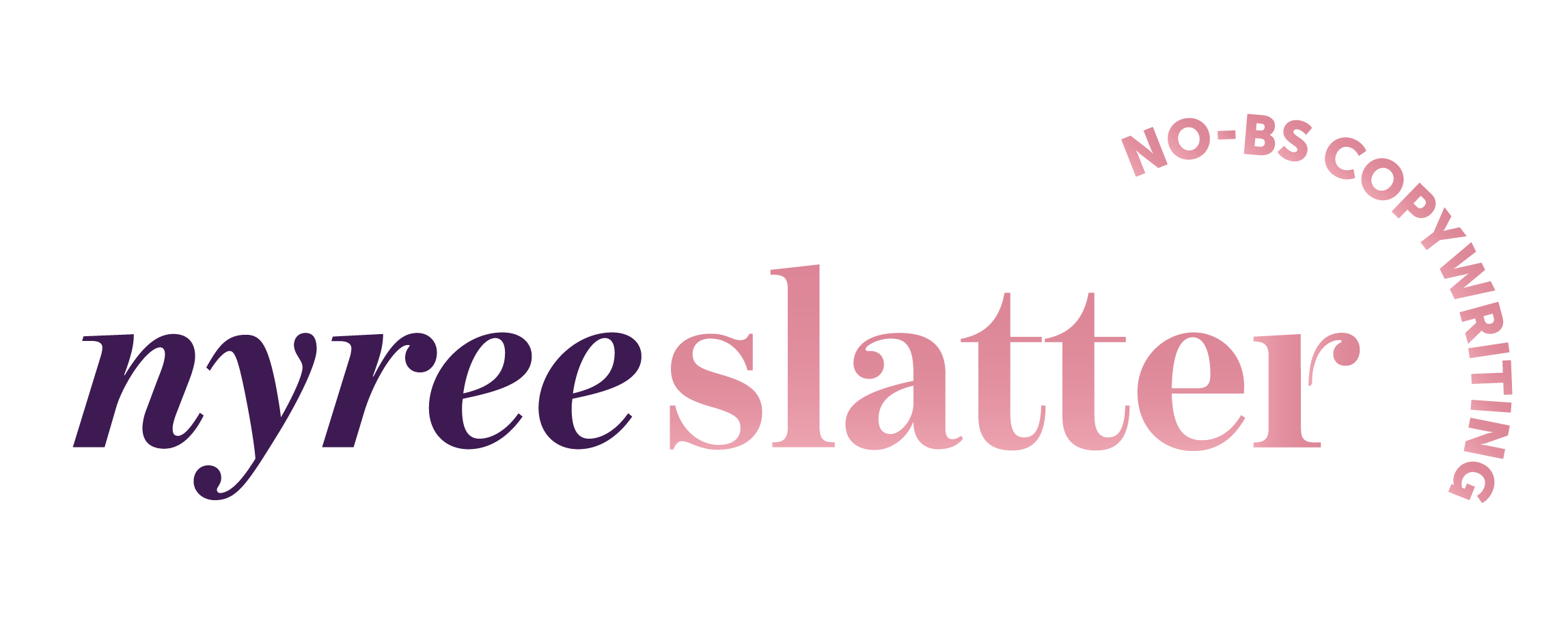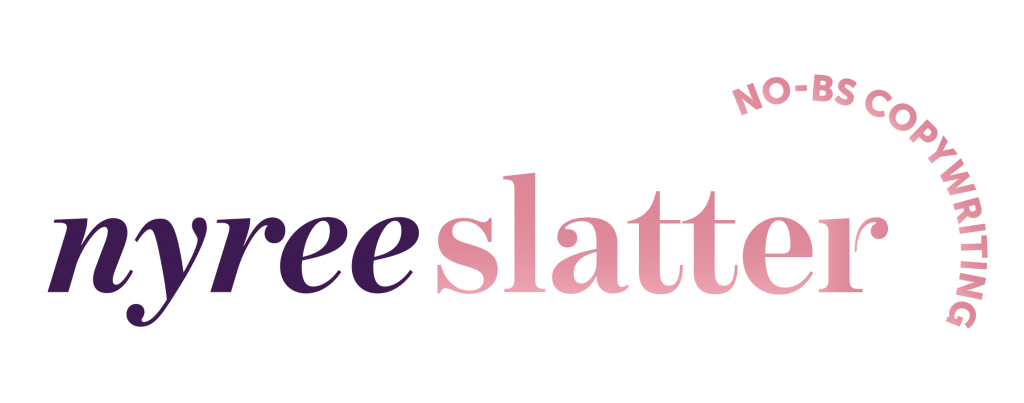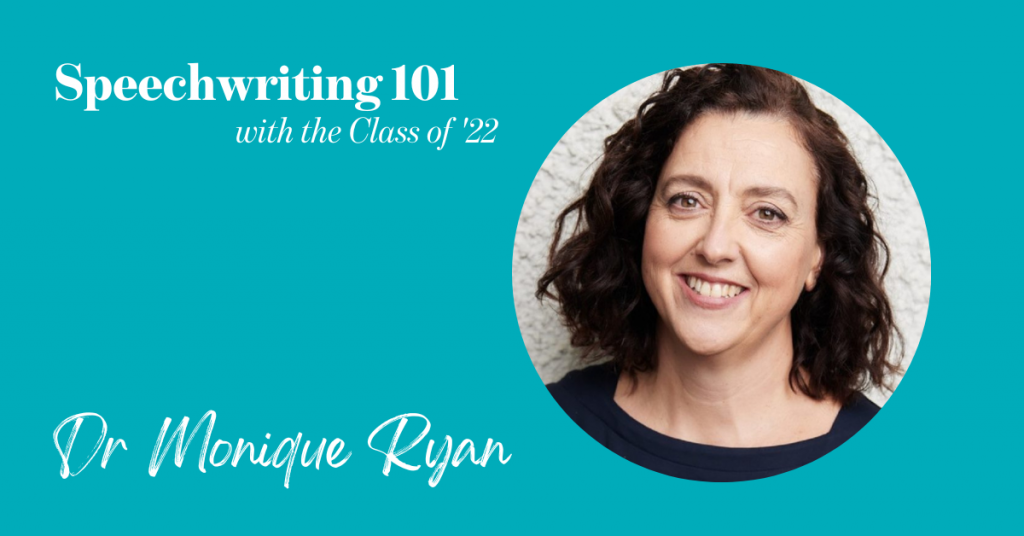Probably one of the highest profile members of the Class of ’22 is Dr Monique Ryan. She was one of the first teal independents to declare her intention to run in what was a safe Liberal seat: Kooyong, the seat of the former Australian Treasurer, Josh Frydenberg.
Federal Treasurers don’t normally get unseated but here we are.
Dr Ryan was the head of paediatric neurology at the Royal Children’s Hospital and has led the team through clinical trials for gene therapy – the first in the state – to treat rare and deadly conditions, giving children a future and returning hope to their families.
As part of Dr Ryan’s speech, she talks about this work in detail. She is an expert in her field and it’ll be very exciting to see her use this authority in future debates on health, science and climate.
(Judging by her first contributions to parliament to date, Dr Ryan is not to be messed with.)
To use authority in your own speeches:
- One of your first tasks as a speaker is to establish why the audience should listen to you. If I’m getting up to talk about landing a Boeing 747, you’d want to know that I had the credentials to a) do that and b) talk to you about it. It might feel icky to establish your expertise, but it’s neither bragging nor cringey.
- Find creative ways to establish your authority. You don’t have to do a line-by-line of your bio or CV. What would tell your audience that you know what you’re talking about without actually saying that? Have you served a long time in your field? Have you won awards? Are you booked out 6 months in advance?
- If establishing your authority means you have to talk about technical stuff to a non-technical audience, use plain English. Make it relatable and easy to understand for those of us who don’t know what the hell you’re talking about.
Give it a try for yourself and let me know how you go.
If you need more help, download my free guide to writing ovation-worthy speeches here.








